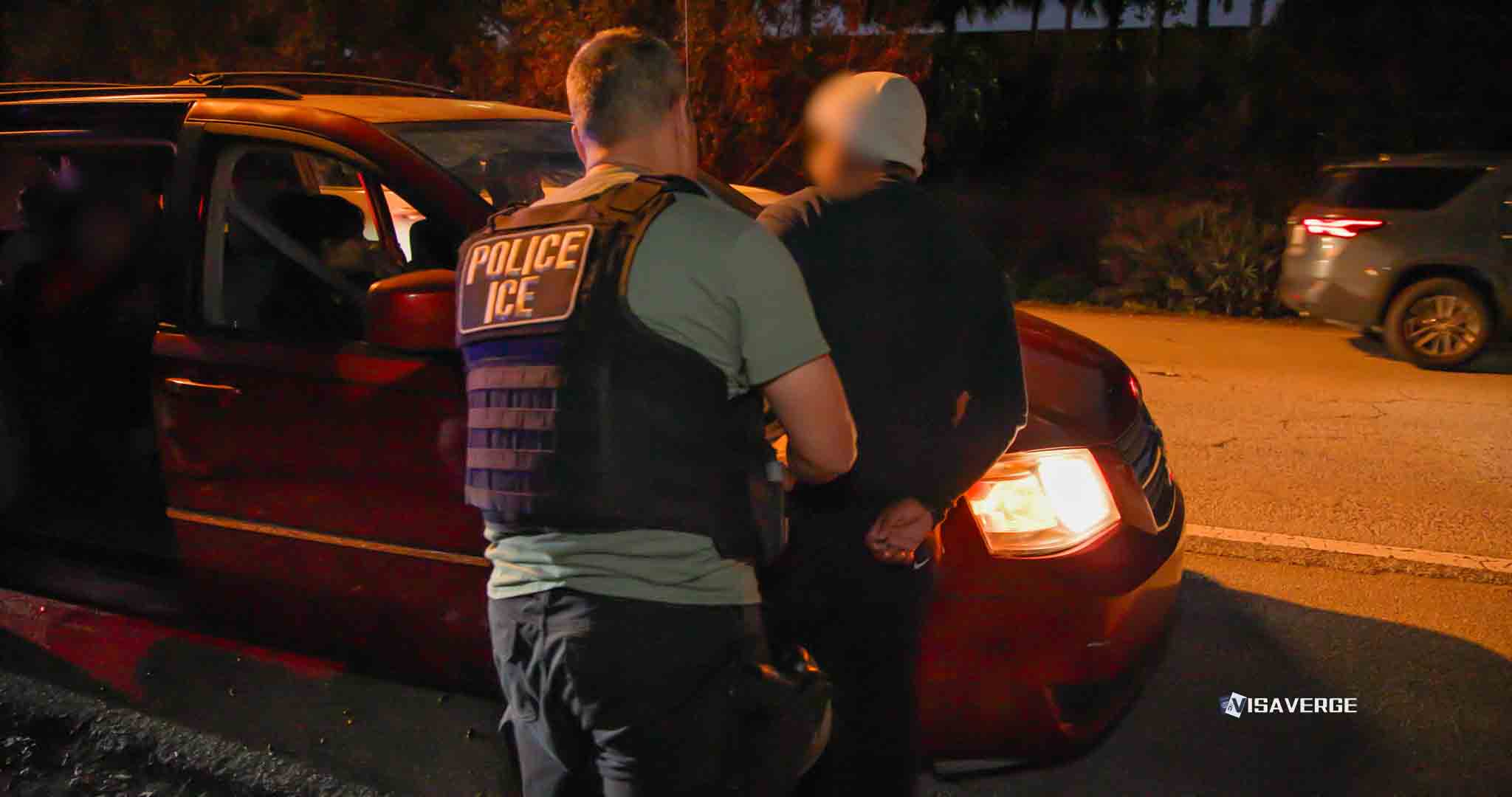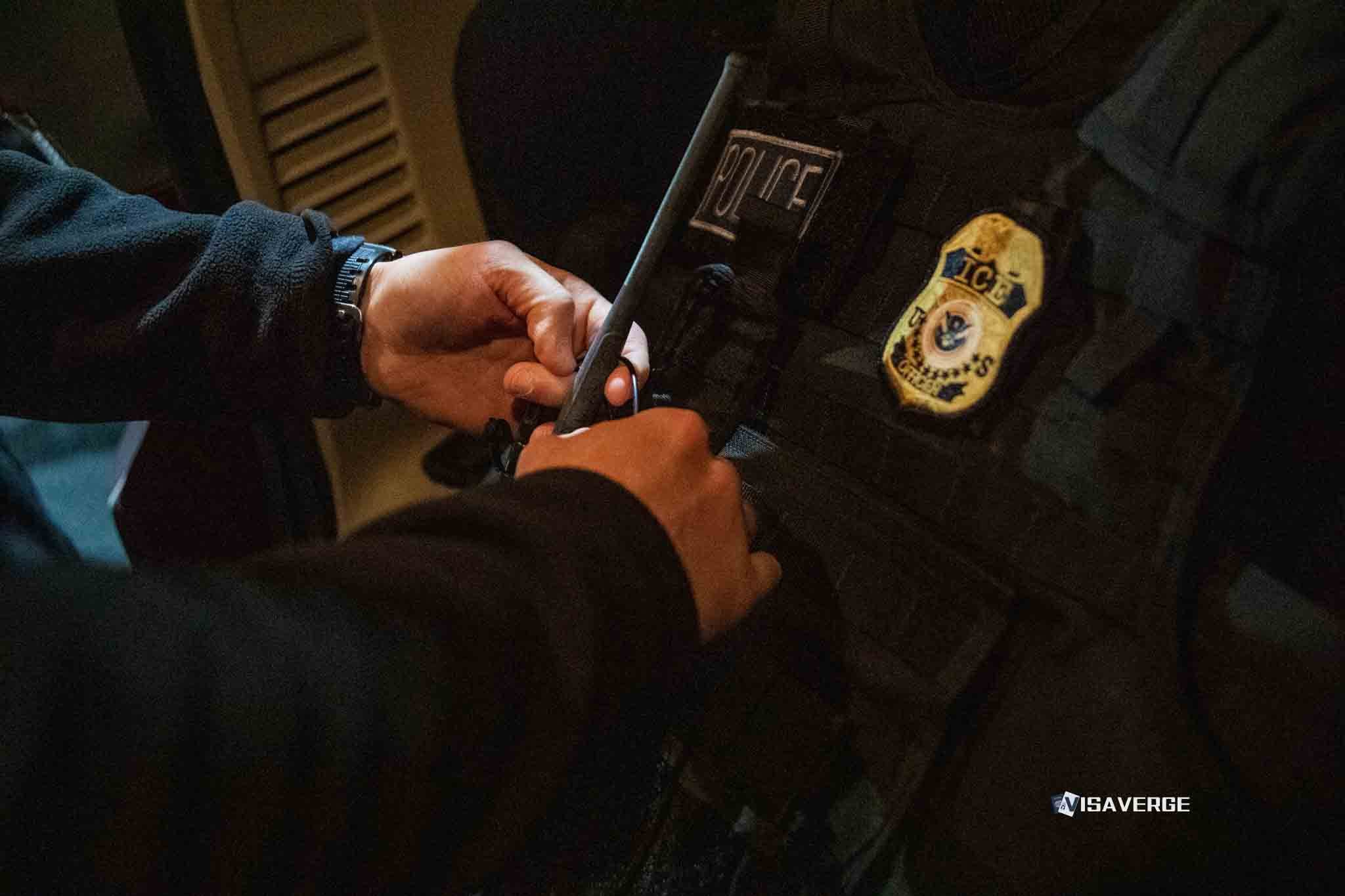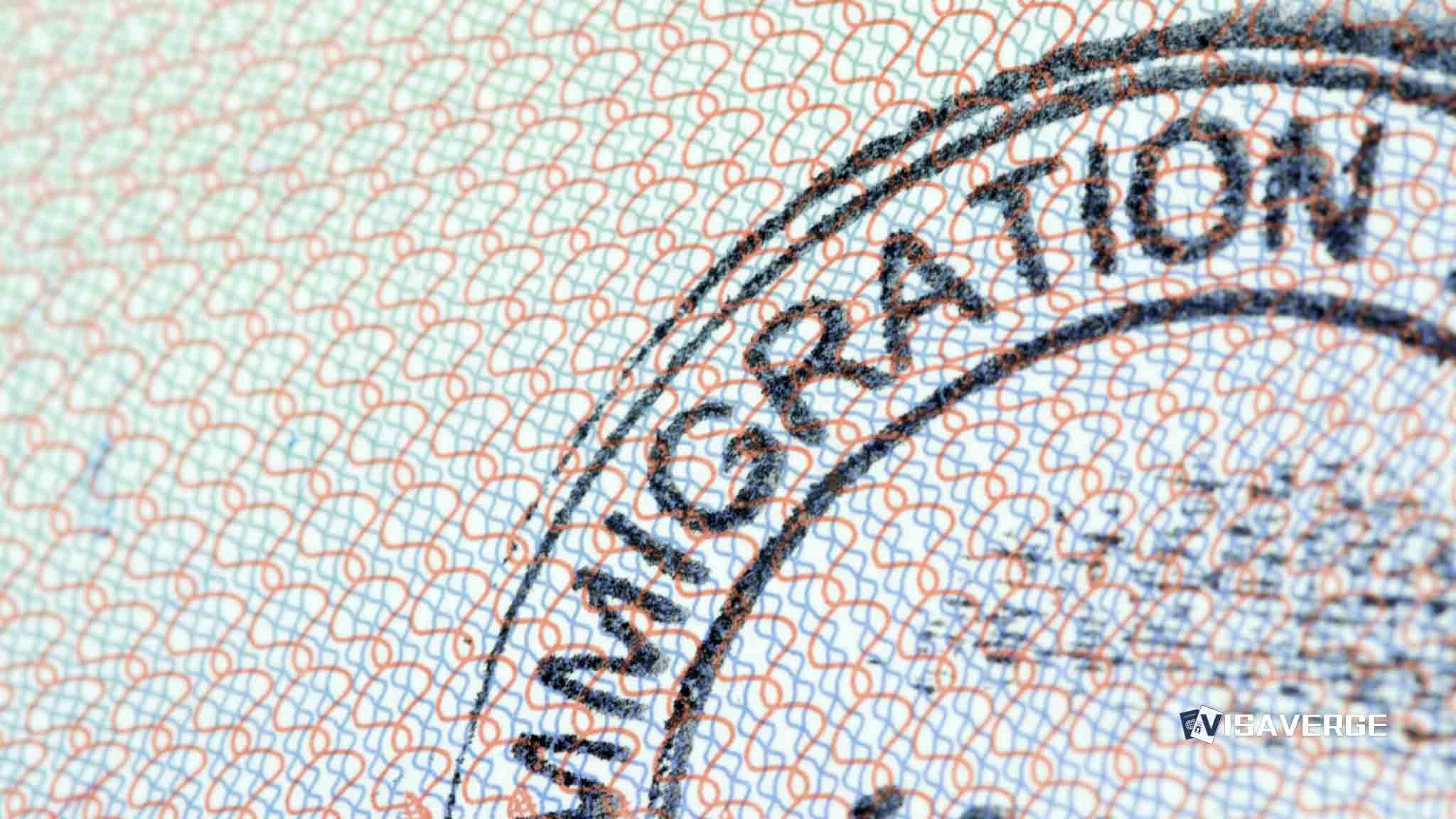(CHARLOTTE, NORTH CAROLINA) Claims that critics are organizing a boycott of a Charlotte-area company that allegedly supplied vehicles to U.S. Immigration and Customs Enforcement are not backed up by any current public record, even as immigration raids under a major federal sweep known as Operation “Charlotte’s Web” continue to shake the city. A review of recent coverage of immigration enforcement in Charlotte shows extensive reporting on mass arrests, protests and a violent clash involving vehicles and federal agents, but no evidence as of November 19, 2025 that any Charlotte-area company has been publicly named, targeted or formally called out for providing vehicles to ICE.
The gap between the sharp rhetoric circulating around immigration enforcement and the absence of documented action against any specific business comes at a tense moment for Charlotte. Operation “Charlotte’s Web” began over the weekend and quickly turned into one of the most intense immigration crackdowns the region has seen in years, with more than 130 arrests in the first 48 hours and 81 people detained in the first five hours alone. Federal officials framed the surge as a public safety mission, while state and local leaders warned it was stoking fear in immigrant neighborhoods and beyond.

The operation is being led by Commander Gregory Bovino of U.S. Customs and Border Protection, who made clear before the raids that agents would move forcefully and at scale. He said officers planned to “hit Charlotte like a storm,” signaling that the sweep would not be a routine enforcement day but a concentrated push involving multiple federal teams. While ICE is the primary agency associated with arrests of undocumented immigrants, CBP and other branches of the Department of Homeland Security have also been deployed in Charlotte as part of the same federal effort.
Homeland Security officials have defended the campaign in blunt terms.
“We are surging DHS law enforcement to Charlotte to ensure Americans are safe and public safety threats are removed,” DHS spokeswoman Tricia McLaughlin said, linking the influx of agents and equipment directly to what the department describes as a security mission.
That statement, which has been repeated in various forms in federal briefings, is one of the few on-the-record comments explaining why so many federal vehicles and personnel have suddenly appeared on Charlotte streets as part of Charlotte’s Web.
Local officials have responded very differently, stressing the human cost and the anxiety spreading through immigrant-heavy neighborhoods. Protests and criticism have come from Charlotte Mayor Vi Lyles and North Carolina Governor Josh Stein, who has been especially outspoken about the federal tactics. Stein called the operation “causing unnecessary fear and uncertainty” and urged residents to record any “inappropriate behavior” by federal agents, effectively asking people to turn their phones into watchdog tools as officers move through apartment complexes, workplaces and roadside checkpoints. Community groups have echoed those concerns, saying families are staying indoors, keeping children home from activities and avoiding driving unless absolutely necessary.
Those fears intensified after a dramatic incident involving vehicles during the enforcement push. According to DHS, a Charlotte man was arrested after allegedly attempting to ram his vehicle into law enforcement vehicles during the operation, injuring an officer in the process. The department said the man “weaponized his vehicle” and tried to escape, triggering a high-speed chase before he was taken into custody. The confrontation underscored how quickly routine-looking traffic stops or street encounters in the middle of a large operation can escalate into dangerous, chaotic scenes involving both federal agents and local residents.
It is in this climate of heightened tension that the idea of punishing a Charlotte-area company for supplying vehicles to ICE has gained attention in political discussions and online debates. Yet despite the sharp language, there are no direct quotes, names of companies, or calls for a boycott in the public record that tie any specific business to the federal fleet now seen across Charlotte. News reports on Operation Charlotte’s Web have detailed the scale of arrests, the number of agents involved, and the presence of convoys of unmarked and marked vehicles, but they stop at the line of naming contractors or manufacturers.
That silence stands out because vehicle imagery has been central to how the raids are being perceived. Residents describe long lines of government trucks and SUVs moving through neighborhoods in the early morning and late at night. Protesters have focused their demonstrations near areas where federal vehicles line up before operations, chanting at officers and filming license plates. The dramatic account from DHS that a suspect “weaponized his vehicle” and led agents on a high-speed chase has become a flashpoint in arguments about who is to blame when enforcement actions spill into violence. Yet the vehicles themselves, and any Charlotte-area company that might have supplied them, remain largely invisible in official documents and mainstream coverage.
Part of the reason is structural. ICE and other arms of DHS often rely on national contracts and long-term federal purchasing agreements to obtain their fleets, making it difficult to trace any single SUV or van back to a local supplier. Procurement records are typically technical, scattered across federal databases and not broken down in ways that are easy for the public to track. Without clear, documented ties, calls to boycott a Charlotte-area company risk resting more on anger at immigration enforcement in general than on confirmed evidence of local corporate involvement. So far, journalists reviewing available reports on Operation Charlotte’s Web have found no mention of any business in the region being approached for comment about supplying vehicles, and no activist statements naming a target.
The political dynamics are also complex. While Governor Josh Stein has described the raids as “causing unnecessary fear and uncertainty” and urged people to record “inappropriate behavior,” he has not publicly backed a boycott of any Charlotte-area company. Mayor Vi Lyles has joined in criticizing the operation and supporting communities under stress, but current reporting does not show her calling out any corporations over their role in supplying federal law enforcement. For now, the focus of elected officials has stayed on how ICE and CBP are carrying out Charlotte’s Web, not on who sold them their trucks.
National debates over immigration enforcement have long involved questions about corporate responsibility, from private prison operators to technology vendors. Campaigners in other cities have pushed banks, software firms and detention contractors to cut ties with ICE and other DHS agencies. Some of those campaigns have succeeded in winning policy changes or contract cancellations. But in Charlotte, where the conversation is being driven by the sheer scale and speed of Operation Charlotte’s Web, there is little sign yet that organized pressure has shifted toward naming and blaming any particular Charlotte-area company involved in the supply chain for law enforcement vehicles.
For families in Charlotte’s immigrant communities, the immediate concern is not who manufactured or leased the SUVs and trucks rolling through their neighborhoods, but what those vehicles represent. The early hours of Operation Charlotte’s Web, with 81 people detained in just the first five hours and more than 130 in the first two days, have sent a message that federal agents intend to “hit Charlotte like a storm” and to “surging DHS law enforcement to Charlotte to ensure Americans are safe and public safety threats are removed.” Those words from Commander Gregory Bovino and spokeswoman Tricia McLaughlin have been replayed by community organizers, who say they signal a long campaign rather than a brief show of force.
As Operation Charlotte’s Web continues, the question of whether the public debate will broaden to include contractors and suppliers remains open. For now, though, the available record is clear: despite the charged conversation about ICE, vehicles and corporate responsibility, there is no documented boycott or named Charlotte-area company being targeted for providing vehicles to ICE in connection with the current raids. The clash in Charlotte is being fought in homes, streets and political offices, not yet in boardrooms or shareholder meetings.
This Article in a Nutshell
Operation Charlotte’s Web deployed CBP and DHS agents in a large-scale enforcement sweep that led to over 130 arrests in 48 hours and 81 detentions in the first five hours. Officials framed the effort as a public safety surge; local leaders warned it created fear in immigrant neighborhoods. Journalists found no public evidence, as of November 19, 2025, naming or targeting any Charlotte-area company for supplying vehicles to ICE, partly because federal procurement is often handled through national contracts.













